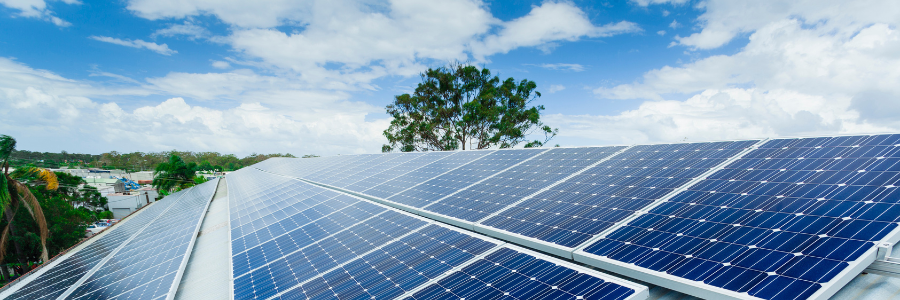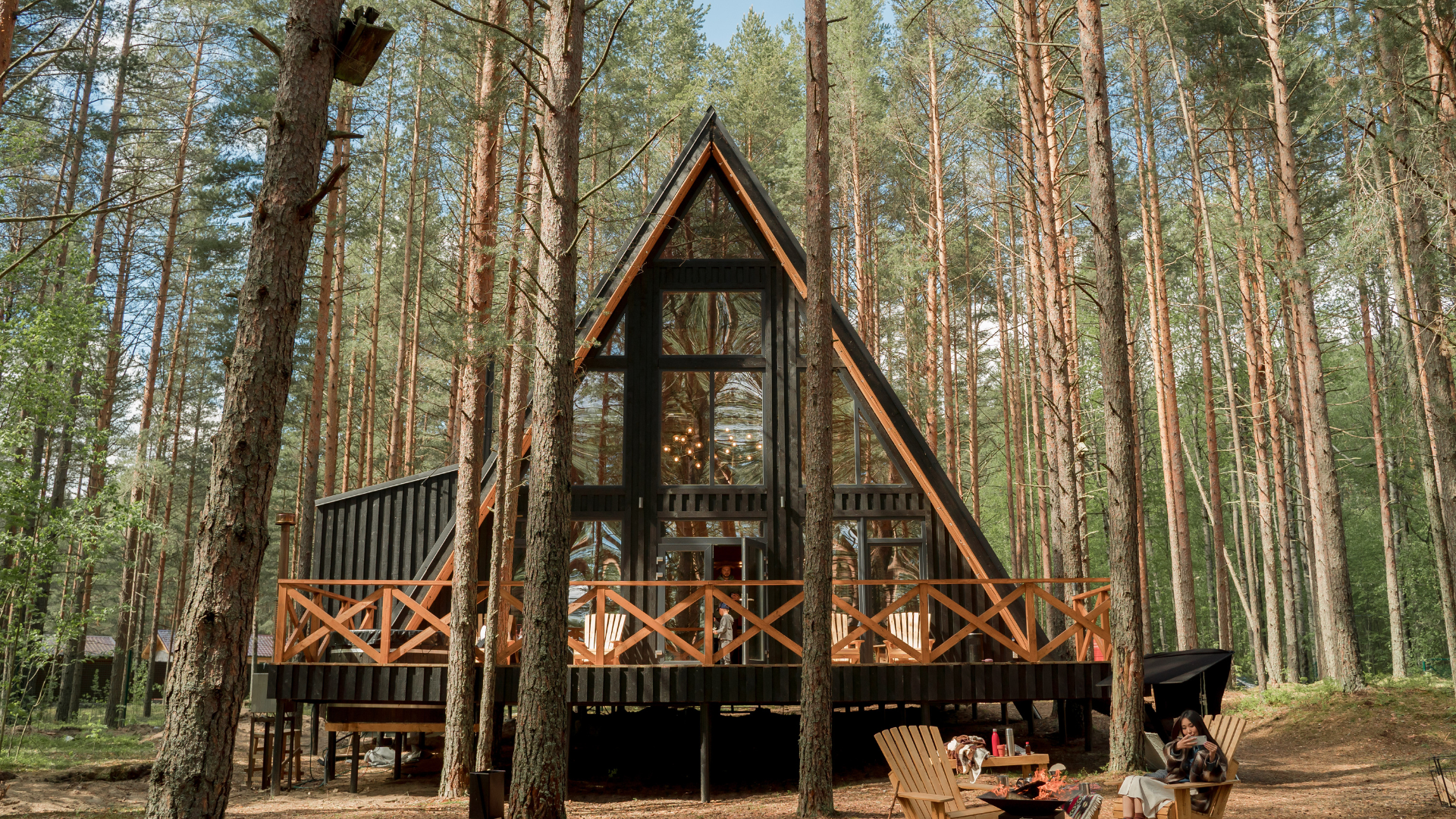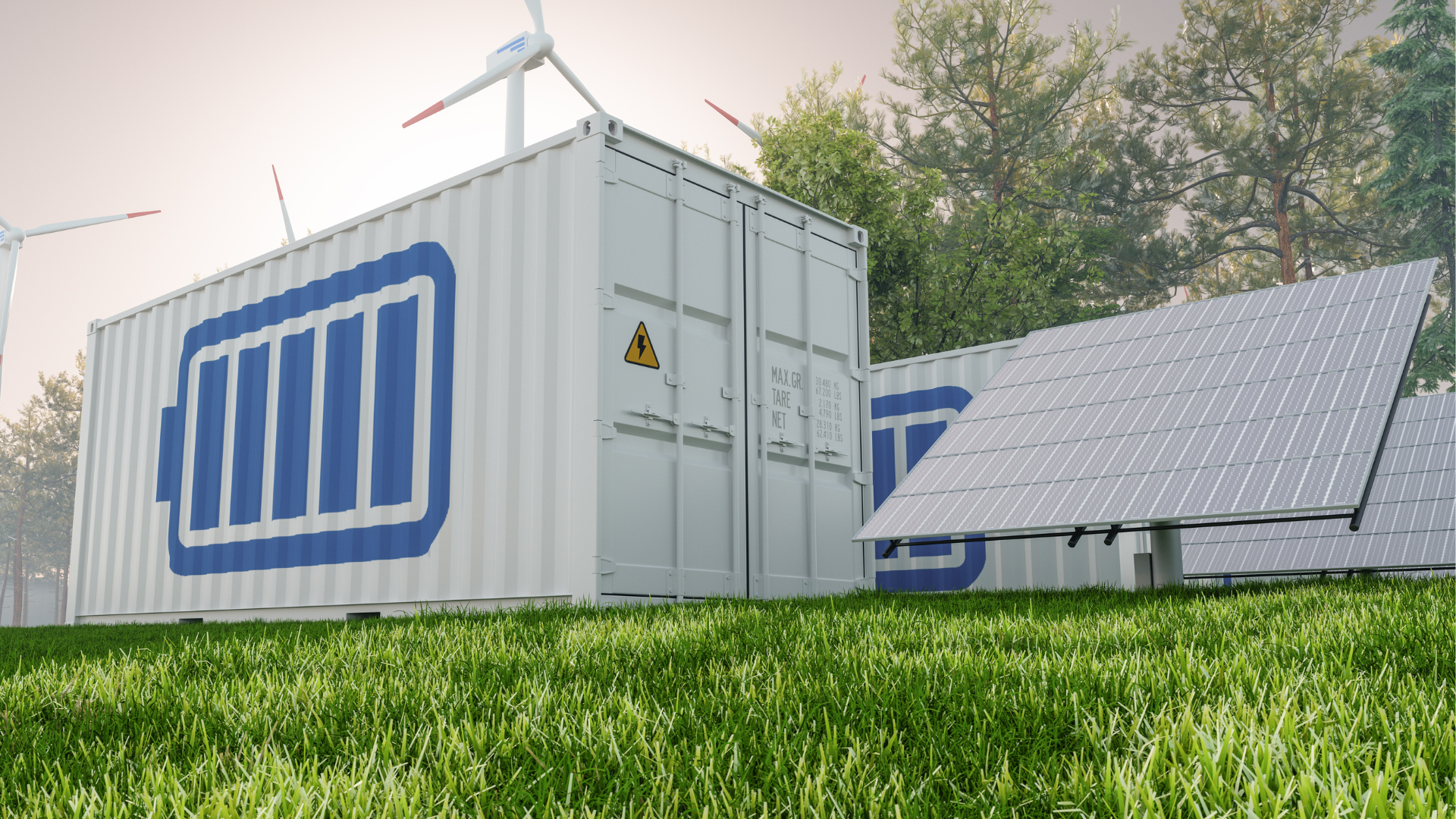Off Grid Living in Ontario: Preparing for Winter in Haliburton County
Off-grid living, the lifestyle choice to disconnect from the public power grid and live autonomously, is garnering a growing following in Ontario. This self-sufficient lifestyle is drawing in those seeking a sustainable existence, closely tied to the rhythms of nature. In the heart of Ontario lies Haliburton County, an area famed for its rugged beauty and challenging winters, where the off-grid way of life is not just a statement but a full engagement with the elements.
Haliburton's winters are renowned for their
deep snow,
crisp air, and the silent serenity of the
frozen lakes, providing a breathtaking backdrop for those living off the grid. However, this beauty comes with its challenges, such as maintaining warmth, managing snowfall, and ensuring access to necessities when roads are less traversable. For the intrepid, Haliburton offers a unique opportunity to truly embody the off-grid ethos, where each snowflake and wood log burned for heat connects them deeper with their surroundings and their own resilience.
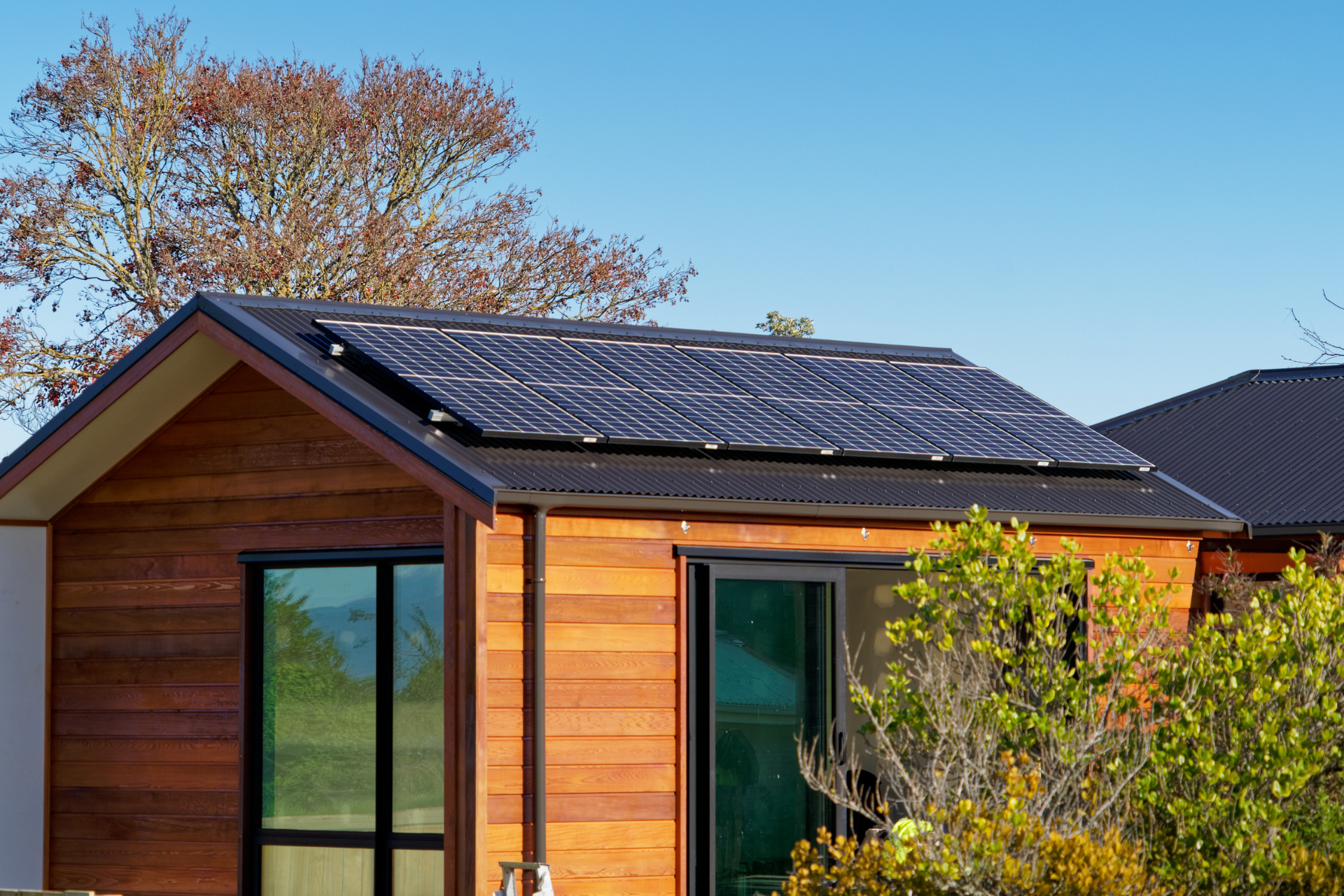
Understanding Haliburton's Winters
Haliburton County's winters are known for their picturesque snowfall and often intense cold. Temperatures can dip as low as -25°C, with snow accumulation that can exceed two meters over the season. Such conditions transform the landscape into a winter wonderland, but for those living off-grid, this weather demands thorough preparation and adaptability.
The heavy snowfall can hinder access to remote properties, necessitating the use of snowmobiles or tracked vehicles. The cold temperatures require
robust heating systems, typically
wood stoves or
solar thermal systems, and the short days necessitate efficient energy storage solutions for solar power setups. Off-grid living in such a climate means a constant awareness of weather patterns, proactive snow management, and ensuring that your home is insulated against the pervasive cold. These challenges are integral to the off-grid experience in Haliburton, where the winter season brings a test of self-sufficiency and resilience.
Pros and Cons of Off-Grid Living in Winter
Off-grid living in Ontario during winter offers the profound benefit of deep self-sufficiency. Residents experience a unique connection with the natural world, observing firsthand the quiet hibernation and the stunning beauty of the snowy landscape. The solitude of the season can foster a peaceful environment conducive to reflection and rejuvenation. Moreover, living off the grid often means employing renewable energy sources, which contributes to a sustainable lifestyle that is both rewarding and environmentally conscious.
However, this lifestyle is not without its challenges. The winter months can exacerbate feelings of isolation, as travel becomes more difficult and days grow shorter. The need for self-reliance is heightened in emergency situations, where help may not be immediately accessible. Residents must be prepared for contingencies such as severe weather events or health emergencies, often necessitating a higher degree of planning and preparedness than in urban settings. The harshness of the season requires a resilient mindset and a proactive approach to daily living, ensuring that one’s home and resources are well-managed to withstand the winter months.
Essential Resources and Tools for Off-Grid Winters
Off-grid living in the harsh winters of Haliburton County calls for a well-equipped arsenal of resources and tools to ensure sustainability and comfort. Primary among these are alternative energy sources such as solar panels, wind turbines, and backup generators, all of which must be robust enough to withstand the freezing temperatures and heavy snowfall. Solar panels, for example, should be positioned to maximize winter sun exposure and be cleared of snow regularly.
For heating, wood stoves are a staple, with a plentiful stockpile of seasoned wood essential to last the season.
Propane heaters serve as a valuable backup, though fuel storage must be managed safely. Tools like snow blowers, plows, and shovels are indispensable for managing snow accumulation, and having a reliable, winterized vehicle or snowmobile is critical for transportation.
It's also crucial to maintain a well-insulated water system to prevent freezing, possibly with heat tapes and insulated pump houses. Deep-cycle batteries or a dual battery bank system can ensure a steady energy supply when solar input is low, and high-capacity water tanks are recommended to store enough water in case of supply issues.
Best practices for maintaining these resources include regular checks and maintenance routines. For energy systems, this means monitoring battery levels, cleaning panels, and servicing generators. Heating systems should be checked for efficiency, and any necessary repairs should be made before the deep cold sets in. Tools and vehicles should be winter-ready, with all maintenance up to date to prevent breakdowns in the cold.
For all resources, redundancy is a key principle; having backups for your backups can avert a crisis during the unforgiving winter months. Organizing and storing supplies in an accessible, yet secure manner will also prevent moisture damage and ensure that tools and equipment are ready for use when needed.
Winter Preparedness for Off-Grid Homes
Preparing an off-grid home for Haliburton County's winter demands attentiveness to detail and foresight. Insulation is the first line of defense against the cold. Homes should be well-insulated with high R-value materials in the walls, attic, and floors. Window and door seals need to be checked and replaced if they're letting in drafts. Heavy curtains or thermal blinds can provide an additional layer of insulation against the cold.
Water pipes are vulnerable to freezing; they should be insulated, and heat tape can be applied to pipes prone to freezing. It's advisable to keep a trickle of water flowing during extreme cold to prevent freezing. For homes with a well, the wellhead should also be insulated, and the pump house should be heated to prevent equipment from freezing.
Heating an off-grid home efficiently requires a reliable wood stove or fireplace, and it's essential to have a plentiful supply of dry, seasoned wood. Propane heaters can be used as a backup but always ensure proper ventilation to prevent carbon monoxide buildup. Solar thermal systems can also supplement heating needs.
For lighting, LED bulbs should be used as they consume less power, vital when relying on solar panels or generators. Ensure solar panels are cleared of snow and angled to capture the optimal amount of sunlight during the shorter winter days. Generators should be maintained and fuel stored safely.
Batteries are the backbone of off-grid electrical systems; thus, they need to be kept in a well-ventilated area that doesn't drop below freezing. Consider a backup battery bank to increase your system's resilience.
Lastly, establish a routine for daily checks and maintenance. A proactive approach to managing your off-grid home's systems will help prevent minor issues from becoming major problems during the winter months.
Winter To-Do List for Off-Grid Living
Late Summer to Early Fall:
- Stockpile seasoned firewood.
- Service heating systems and clean chimneys.
- Inspect and upgrade insulation in your home.
- Begin collecting non-perishable food supplies.
Early to Mid-Fall:
- Install storm windows and doors.
- Apply weather stripping and caulk to seal drafts.
- Insulate water pipes and apply heat tape where needed.
- Prepare snow removal equipment; service snowmobiles, snowblowers, and plows.
Late Fall:
- Finalize food and water storage, ensuring a sufficient supply.
- Test backup power systems, including generators and battery banks.
- Check the structural integrity of your home, focusing on the roof and foundations.
- Secure a supply of essential medications and first-aid items.
Early Winter:
- Clear solar panels and position them for optimal winter sun exposure.
- Establish a routine for monitoring and maintaining indoor temperatures.
- Confirm communication plans in case of emergency isolation.
- Organize and store tools for easy access during snowfall.
Mid to Late Winter:
- Regularly remove snow from roofs, solar panels, and pathways.
- Monitor energy consumption closely, managing use according to supply.
- Stay updated on weather forecasts to anticipate and prepare for storms.
Each task is timed to ensure that as the winter progresses, your off-grid home in Haliburton County is well-prepared to face the cold months comfortably and safely. Proper timing is crucial as delays can lead to challenges once winter fully sets in.
Staying Safe and Warm: Health and Wellness Off-Grid
Maintaining health and wellness during the harsh Haliburton winters is crucial, especially when living off-grid. A balanced diet rich in vitamins and calories is essential for maintaining energy and health when the body needs extra fuel to stay warm. Incorporate preserved, nutrient-dense foods like canned goods, root vegetables, and preserved meats into your diet.
Mental health can be impacted by the shorter days and isolation. Strategies such as maintaining a routine, engaging in indoor hobbies, and staying connected with the community, even if virtually, can help combat feelings of winter blues.
Staying warm is vital; dress in layers and be vigilant for signs of frostbite, such as loss of feeling or pale or reddened skin, particularly on extremities. Hypothermia symptoms include intense shivering, drowsiness, and shallow breathing, and require immediate medical attention.
An emergency preparedness kit should include:
- A multi-tool or Swiss Army knife
- Flashlights and extra batteries
- A portable radio
- Candles and waterproof matches
- A whistle
- Extra food and water
- Blankets or sleeping bags
- A manual can opener
Your first aid kit should be comprehensive, containing:
- Bandages and gauze of various sizes
- Antiseptic wipes and creams
- Pain relievers like acetaminophen or ibuprofen
- Prescription medications and specific medical supplies (e.g., an EpiPen)
- Scissors and tweezers
- Medical gloves and masks
- A thermometer
Both kits should be checked and refreshed regularly to ensure all items are in working order and have not expired. Staying prepared with these kits is a key part of ensuring safety and prompt response to any health emergencies during the winter months.
FAQs: Off-Grid Living in Haliburton's Winter
Haliburton Solar & Wind: Your Off-Grid Partners Through Winter
Haliburton Solar & Wind stands out as a beacon of support for those embarking on or refining their off-grid journey in Haliburton County. As specialists in renewable energy solutions, they provide a suite of services designed to empower residents through the harsh Canadian winters. Recognizing the unique challenges of the season, they offer custom solar and wind power systems engineered to perform in the cold, ensuring reliable and sustainable energy supply.
Their commitment to sustainable living extends beyond installations. Haliburton Solar & Wind are dedicated to reducing environmental impact and enhancing self-reliance, aligning perfectly with the ethos of off-grid living. They provide valuable educational resources, making the complexities of energy management accessible to all, particularly beneficial for those new to the off-grid lifestyle.
Through personalized consultation services, they help residents navigate the planning and transition to off-grid living, ensuring each home is equipped to face the winter months confidently. Their support continues post-installation, with maintenance advice and guidance to keep systems running efficiently.
Partnering with Haliburton Solar & Wind means joining a community where sustainable practices and self-sufficiency are paramount. They are more than just a service provider; they are a partner in the off-grid community, offering the tools and knowledge to help residents thrive off-grid, even in the depths of winter.
Conclusion
As we've explored, off-grid living in Haliburton County during winter is a testament to self-sufficiency and harmony with nature, albeit one that comes with its unique set of challenges. Proper preparation is key—from ensuring a well-insulated home and ample firewood to maintaining efficient energy systems and emergency supplies.
Embracing this lifestyle means not only surviving the winter months but thriving in them, finding joy in the simplicity and quiet of snowy days. With careful planning and respect for the natural elements, the off-grid experience can be deeply rewarding, offering a sense of accomplishment and peace that is hard to find elsewhere.
